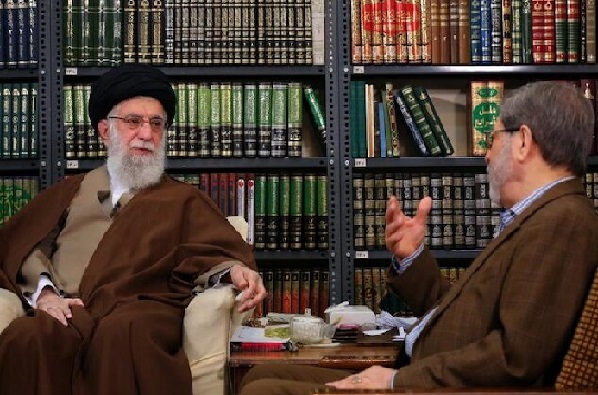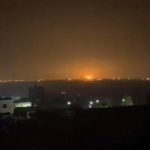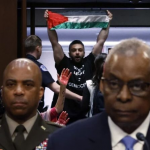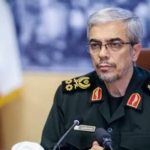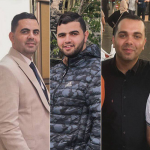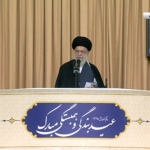
At his first rally for the US 2020 presidential bid, Senator Bernie Sanders promised to defeat Donald Trump, calling him “the most dangerous president in modern American history,” in New York City on Saturday, March 2.
Back to his native neighborhood, Sanders was cheered by a crowd at Brooklyn College, where he studied for a year. Greeted with chanting and banners reading his name, the senator criticized Trump’s approach to immigration.
Sanders contrasted his spare upbringing with Trump’s privileged youth as the son of a New York real estate developer.
“I did not come from a family that gave me a $200,000 allowance every year beginning at the age of three.” Sanders said. “I did not have a father who gave me millions of dollars to build luxury skyscrapers, casinos and country clubs,” Sanders added in another dig at Trump.
The first weekend on the campaign trail signaled Sanders’ emphasis on expanding his support among minority voters, who he struggled to connect with during his 2016 campaign.
The twin rallies over the weekend also served as a reminder to Democrats of his ability to generate grassroots enthusiasm. During his 2016 campaign,Sanders frequently held big rallies with thousands of supporters, matching Trump’s ability to capture attention and generate large crowds.
Sanders was an outsider candidate three years ago. But with his massive political network, muscular fundraising capacity and resilient message, he is now a frontrunner. Sanders already has shown his fundraising ability this time around, as the campaign said on Tuesday he had raised about $10 million in the first week. But he also has faced new challenges – three of his top media strategists during the 2016 campaign split with Sanders this week over creative differences.
He promised that his campaign would say “loudly and clearly that the underlying principles of our government will not be greed, hatred and lies.”
On Sunday, Sanders heads to Selma, Alabama, to mark the anniversary of the 1965 clash known as “Bloody Sunday” and will also visit Chicago, where he graduated from college and was active in civil rights protests.
Over the next few weeks, his campaign said, Sanders will travel to states with early nominating contests, including Iowa, New Hampshire, South Carolina and Nevada before returning to his hometown of Burlington, Vermont, for a formal campaign launch.



